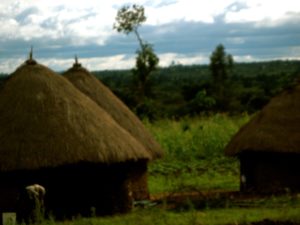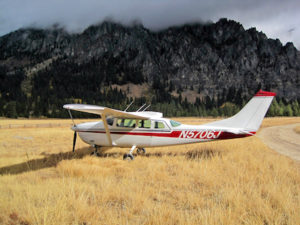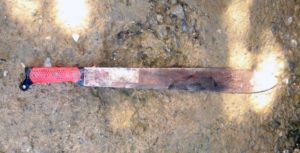Jim Reeves.
I could recognize the singer’s velvet voice anywhere. The last place I would think to hear it was in Africa’s outback.
The country gentleman’s crooning, “Am I that easy to forget?”, floated from a battery-powered cassette player beyond a giant anthill some yards back of me. What power music has, to carry you away, I thought. Feels like I’m in an Oklahoma hay-field taking a sandwich break.
John and I were at Mashuru, a remote Maasai village, a dot on the Kenya map halfway from Nairobi to the Tanzania border. The snowy summit of Africa’s Mt. Kilimanjaro came out of hiding now and then. My first glimpse was the day before, her majestic beauty leaving me awestruck.
“Ready to hunt some wild game?”
We had finished some wiring on Eva’s small mission house and time had come for some adventure. As for the hunt’s artillery, my new friend’s 35 mm camera would do.
His VW Beetle was casting a late afternoon shadow as John eased the car to a halt at an elevated spot not far from a pool of murky brown at the edge of a wide river bed. Nice watering hole for the thirst quench of some exotic beast, I thought, recalling the region was a notable big game hunting block for all manner of wildlife. Will an elephant or a rhino show? A lion, maybe. . . leopard?
After a fruitless half-hour waiting, John touched the ignition key. “Jerry, here’s an idea.” A mix of daring and mischief flavored his voice. “These months the river stays mainly dry. Its path winds along for a few kilometers and in a little while it passes near Eva’s place”. He went on. “Let’s take the bug right up the river instead of going back along the murram road. What do ya say?” Though John had not yet spent a year in Kenya, by my standards he was the seasoned missionary veteran.
“Sure, why not.”
Before half an hour passed two things were underway. Africa’s equatorial sun was rapidly setting, spreading darkness along the riverbed and the dense forests hemming it at either side. And two young men pondered ways to free a Volkswagen Beetle sunk axle-deep in river-bottom sand. By now we had abandoned the plan to make it back to Eva’s, managing to turn the vehicle around. Still the task to escape this oversize sand-pit was daunting.
“Jerry, here’s an idea.” I had heard the phrase before.
©2017 Jerry Lout




